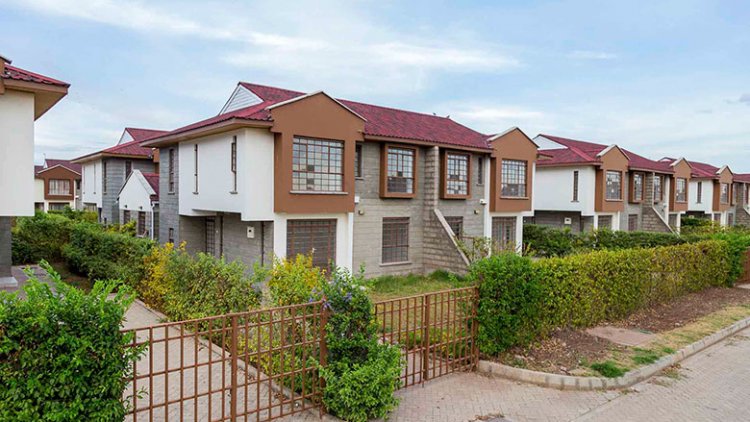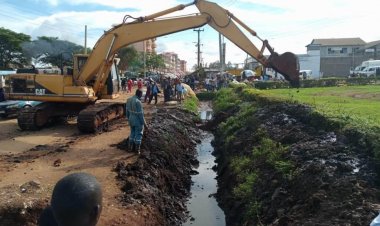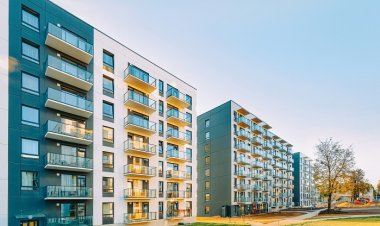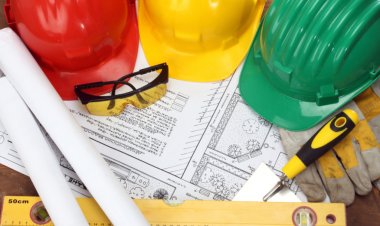6 Challenges Facing Affordable Housing Development in Africa
In as much as housing in Africa is expensive, affordable housing offers solutions in a way that people own or rent and purchase homes in accordance with their income levels.

Affordable housing is a very important aspect of housing as a whole. With affordable housing, people can live the lives they desire and also within the budget they can cater for.
In as much as housing in Africa is expensive, affordable housing offers solutions in a way that people own or rent and purchase homes in accordance with their income levels.
Affordable housing has its fair share of challenges that if well understood then solutions will just be a “whisker away”. Affordable housing challenges include the following:
1. Shortage of Finance
The high cost of doing business in some countries in Africa means the affordable housing sector would suffer drawbacks at its onset. To begin with, the purchase of land readily available for investment in property is a herculean task.
Additionally, in tough economic times, high-end luxury properties have fewer sales hence they would fetch high prices and valuation worth hence being sold to the “wealthy few”. Ideally, less finance means fewer investments while huge financial flow would mean more ease of doing business hence more purchasing power of the property and availability of affordable housing projects.
2. Land Governance
Land registries that are not computerized mean the issuance of land titles for people to build affordable homes would be riddled with endless puzzles of corruption. The policies of land governance that are not “business-friendly would chase away potential real estate housing investors.
If tax regulations and ease of doing business are stringent then investors would only invest in expensive property development rather than essential and affordable housing projects. Furthermore, if the security of the land is a thorn in the flesh, investors would not want to invest in affordable housing projects in areas where lives are not safe and properties are not secure.
3. Infrastructure
Great infrastructure accelerates the development of the property to be up to standard and offers affordable housing projects that are “bearable” to live in. In absence of reliable electricity, clean water supply, sanitation services, and an efficient transport system, affordable housing projects becomes a pipe dream.
In African cities that poor infrastructure is a dominant scenario, attracting investors to build affordable homes is hard and truly a herculean task. Housing units that have great infrastructure sell faster and offer maximum returns on the housing development investments.
4. Building Technology
Technology is the driver of change in all sectors of the economy. In building the technical capacity, housing becomes efficient, easier, and seamless. The building equipment that is “tech-savvy” and technology-friendly ensures investments in affordable housing are cost-efficient.
For example, developers and communities that are resistant to technology in that they don’t want to access houses via Google applications means in as much as the housing is affordable they visualize it as being inaccessible.
5. Inadequate housing policies
The inconsistent wrangles between county and National Government especially in Kenya are ripe for policies and bottlenecks that don’t “favor” investors and real estate housing projects “initiators”. The measures on land rates and taxes that are tough and exorbitant mean investors would go to countries where policies are friendly.
The land Ministry and urban planning developers have different objectives and incentives hence the implementation of comprehensive housing policies remains difficult. In the same vein, myriad demolitions of properties and buildings that would constitute an affordable housing plan make it risky to invest where returns and profits are not “felt and seen”.
6. Low Priority for housing in construction sector
Once African Governments shift their priority from affordable housing projects to campaigns every election year, affordable housing projects realization takes a ripple effect and does not materialize. When housing demands are “low” or in other words, the housing sector has houses that are expensive, the Governments do not fund adequately the said housing projects.
Once priority for construction shifts this lead to lack of political goodwill hence the “affordable housing projects” becomes real in manifestos and a pipe dream on the counties, cities and towns that the citizenry reside in.
These challenges make affordable housing projects inaccessible and unavailable. It is important to note that these challenges aren’t solved by one body alone. A multi-sectoral approach would ensure these challenges are properly addressed so that affordable housing goals are realized in being affordable and accessible.
Governments and political goodwill are a great place to start in ensuring the affordable housing projects become successful in Africa and beyond.
If you have a real estate press release or any other information that you would like featured on African Real Estate Blog Post do reach out to us via email at [email protected]

































